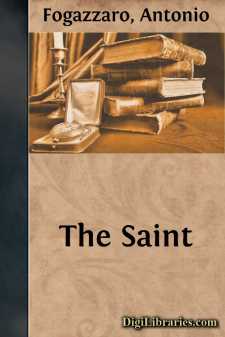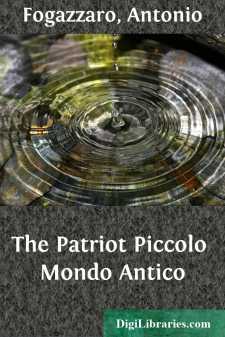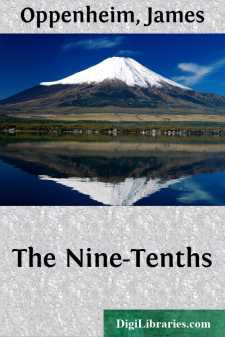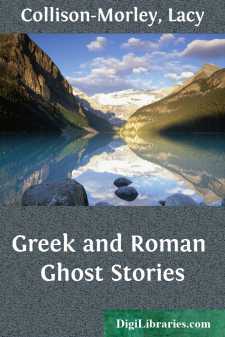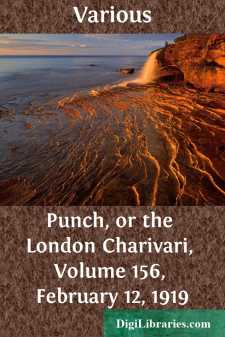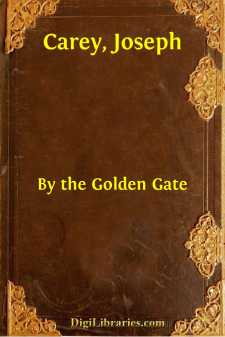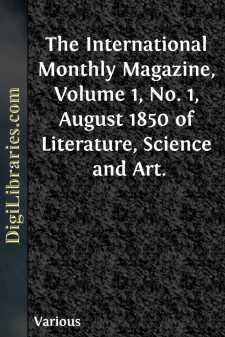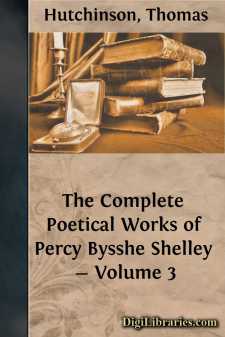Categories
- Antiques & Collectibles 13
- Architecture 36
- Art 48
- Bibles 22
- Biography & Autobiography 815
- Body, Mind & Spirit 144
- Business & Economics 28
- Children's Books 18
- Children's Fiction 14
- Computers 4
- Cooking 94
- Crafts & Hobbies 4
- Drama 346
- Education 58
- Family & Relationships 59
- Fiction 11835
- Games 19
- Gardening 17
- Health & Fitness 34
- History 1378
- House & Home 1
- Humor 147
- Juvenile Fiction 1873
- Juvenile Nonfiction 202
- Language Arts & Disciplines 89
- Law 16
- Literary Collections 686
- Literary Criticism 179
- Mathematics 13
- Medical 41
- Music 40
- Nature 180
- Non-Classifiable 1768
- Performing Arts 7
- Periodicals 1453
- Philosophy 65
- Photography 2
- Poetry 896
- Political Science 203
- Psychology 44
- Reference 154
- Religion 515
- Science 126
- Self-Help 85
- Social Science 83
- Sports & Recreation 34
- Study Aids 3
- Technology & Engineering 60
- Transportation 23
- Travel 463
- True Crime 29
Our website is made possible by displaying online advertisements to our visitors.
Please consider supporting us by disabling your ad blocker.
The Saint
Description:
Excerpt
ANTONIO FOGAZZARO AND HIS MASTERPIECE
ISenator Fogazzaro, in The Saint, has confirmed the impression of his five and twenty years' career as a novelist, and now, through the extraordinary power and pertinence of this crowning work, he has suddenly become an international celebrity. The myopic censors of the Index have assured the widest circulation of his book by condemning it as heretical. In the few months since its publication, it has been read by hundreds of thousands of Italians; it has appeared in French translation in the Revue des Deux Mondes and in German in the Hochland; and it has been the storm centre of religious and literary debate. Now it will be sought by a still wider circle, eager to see what the doctrines are, written by the leading Catholic layman in Italy, at which the Papal advisers have taken fright. Time was when it was the books of the avowed enemies of the Church—of some mocking Voltaire, some learned Renan, some impassioned Michelet—which they thrust on the Index; now they pillory the Catholic layman with the largest following in Italy, one who has never wavered in his devotion to the Church. Whatever the political result of their action may be, they have made the fortune of the book they hoped to suppress; and this is good, for The Saint is a real addition to literature.
Lovers of Italy have regretted that foreigners should judge her contemporary ideals and literary achievements by the brilliant, but obscene and degenerate books of Gabriele d'Annunzio. Such books, the products of disease no matter what language they may be written in, quickly circulate from country to country. Like epidemics they sweep up and down the world, requiring no passports, respecting no frontiers, while benefits travel slowly from people to people, and often lose much in the passage. D'Annunzio, speaking the universal language—Sin,—has been accepted as the typical Italian by foreigners who know Carducci merely as a name and have perhaps never heard of Fogazzaro. Yet it is in these men that the better genius of modern Italy has recently expressed itself. Carducci's international reputation as the foremost living poet in Europe and a literary critic of the first class gains slowly, but its future is secure. Thanks to the wider circulating medium of fiction, Fogaz-* *zaro's name is a household word in thousands of Italian families, and he combines in his genius so many rare and important strands that the durability of his literary renown cannot be questioned.
IIAntonio Fogazzaro, the most eminent Italian novelist since Manzoni, was born at Vicenza on March 25th, 1842. He was happy in his parents, his father, Mariano Fogazzaro, being a man of refined tastes and sound learning, while his mother, Teresa Barrera, united feminine sweetness with wit and a warm heart. From childhood they influenced all sides of his nature, and when the proper time came they put him in charge of a wise tutor, Professor Zanella, who seems to have divined his pupil's talents and the best way to cultivate them....


